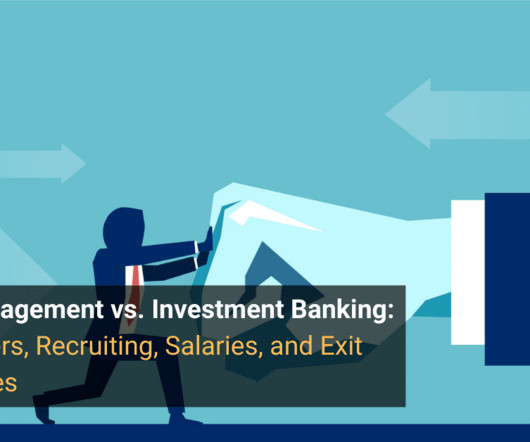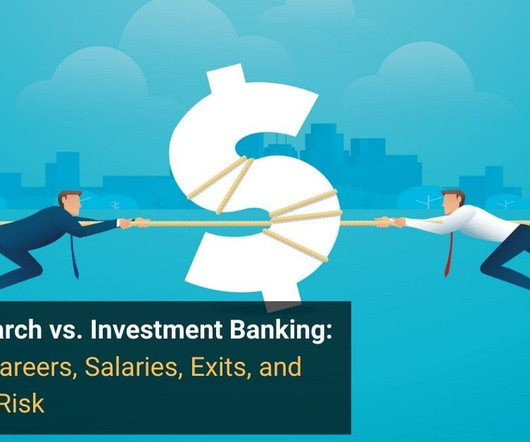Asset managers not prioritising research budgets as prospect of rebundling looms, study finds
The TRADE
SEPTEMBER 21, 2023
Asset managers are focusing on costs and value, and in turn are not prioritising investment research budgets as the prospect of rebundling looms, a new buy-side study by Substantive Research has found. since 2022 – now at 54.6%.












Let's personalize your content